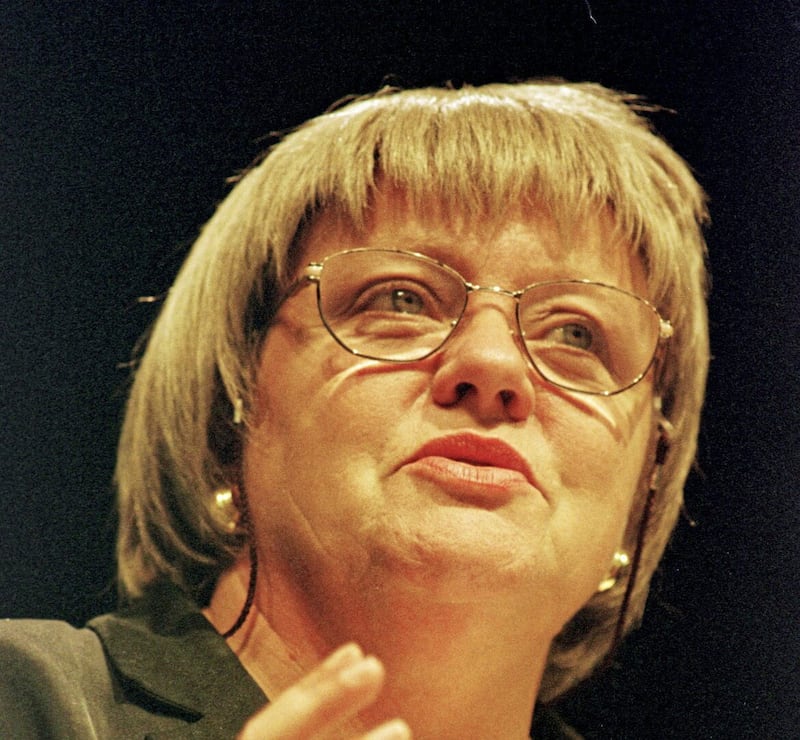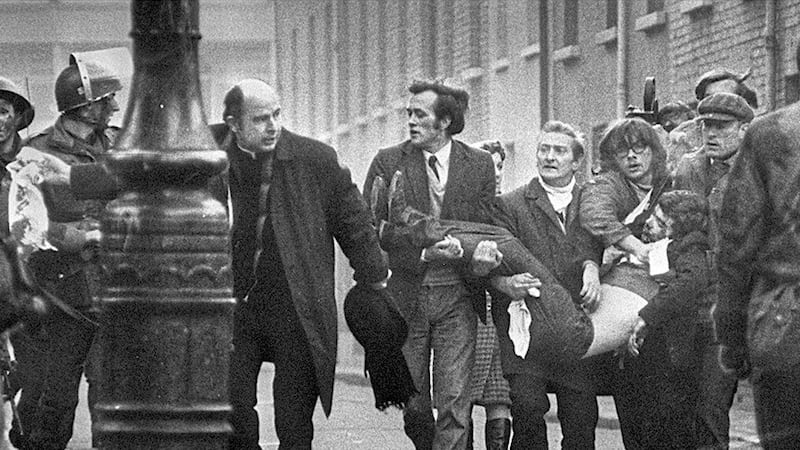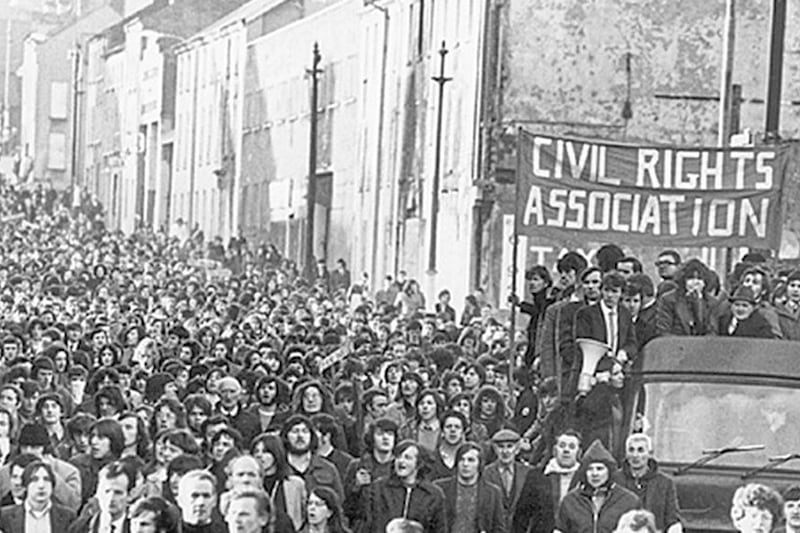ANY review of the events of Bloody Sunday should have an "overriding limitation" that no soldier should be placed in danger of legal action, Mo Mowlam told a cabinet colleague in 1997.
However, the then Northern Ireland secretary also said she realised it would not be possible to deliver an "absolute guarantee" on such a limitation, newly released government papers reveal.
Thirteen people were killed in Derry and another man shot by paratroopers died four months later.
An immediate inquiry, led by then Lord Chief Justice Lord Widgery, was labelled a whitewash after largely clearing the soldiers of blame.

On the 25th anniversary in 1997, when Labour came to power, a civil servant prepared a briefing paper for Ms Mowlam, stating a "renewed and increased interest in the prospects of securing some kind of change in the government's position, either unilaterally or through the medium of a new inquiry".
"Because Bloody Sunday is a talisman there have also been people who claim that the right address to it by government might have almost magical consequences - an apology for example, would be sufficient to produce an end to the IRA's campaign.
"That thesis has not been tested, but it probably overstates the effectiveness of anything the government could say.
"That said it is undoubtedly true that an apology (or something close to it) would have a tremendous impact, and if anything is to be done there is unlikely to be a more opportune moment."
Options set out for Ms Mowlam included announcing a new inquiry or making an apology, but the note stated "identifying what there is to say sorry for. It is not clear."
The briefing paper included potential wording for a draft apology, which said: "I do not believe that the soldiers who fired the shots went there intending murder, but clearly it was wrong that people demonstrating for their civil rights were killed. I am sorry that it happened."
A handwritten note beside the draft stated: "Too balanced".
Ms Mowlam wrote to the then Defence Secretary George Robertson stating "the overriding limitation would be that no soldier or other Crown servant should be placed in jeopardy of legal action by whatever the reviewer might find or by what might flow from his findings.
"I realise it will not be possible to deliver an absolute guarantee on that override."
Mr Roberston responded by saying he believed "a review would be fraught with difficulties", but "a heartfelt apology should, in my view, be the government's last word on the subject".
In 1998, Tony Blair ordered an inquiry, which concluded none of the casualties posed a threat or doing anything that would justify their shooting and David Cameron later apologised.







